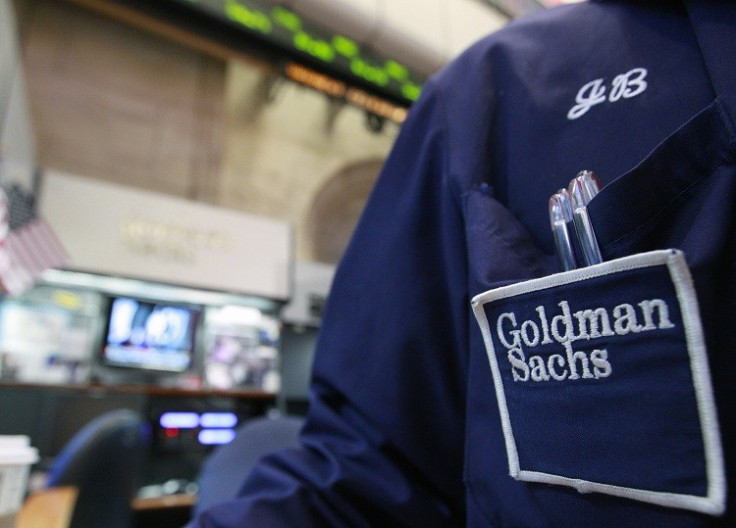EU Referendum: Goldman Sachs Bosses Warn Banks Will Flee London if UK Quits Single Market

Two Goldman Sachs bosses have warned that the City of London's many financial firms would flee the UK if it were to quit its membership of the European Union after a proposed referendum which could take place in 2017.
Michael Sherwood and Richard Gnodde, co-chief executives of investment banking behemoth Goldman Sachs International, told the Evening Standard that their institution would sweep staff away from London and into a rival European city to maintain their access to the lucrative single market.
"We are going to be part of that economy. There is no scenario under which we will not be participating," said Sherwood. "The only question is: do we do it all from here?"
He added: "Every European firm would be gone in very short order."
Gnodde said Goldman Sachs would always want to have a European business to service clients in the region, but it would have to operate two separate businesses if the UK pulled out of the EU: one for its UK clients, the other for those on the continent.
"There was a City before the EU was ever thought of. In or out, there will be a City for the next 100 years. The question is: what kind of City will it be?" Gnodde said.
The warnings raised by two of the world's most influential bankers bolster Prime Minister David Cameron's calls for a continued, but re-negotiated UK membership of the EU.
To appease the vociferous eurosceptic wing of his party, Cameron has pledged to hold an in/out referendum on the UK's membership of the EU in 2017 - provided he is re-elected with a majority at the next general election.
As well as easing grumbles on his own benches, Cameron hopes the pledge will be enough to stop his party haemorrhaging any more votes or members to the stridently anti-EU UKIP, which could cost the Tories valuable seats at the next election by splitting its core vote in precariously held constituencies.
Cameron's ideal is to win the referendum and use it as a platform on which to claw back certain powers from Brussels, such as on employment law, by renegotiating the UK's position on certain treaties and agreements.
Businesses have already started a campaign to stay in the EU, which gives them free access to an enormous market on the continent and benefits such as the free movement of labour, which they use to plug skills gaps in the UK economy with ease.
The EU single market is the UK's biggest trading partner. It accounts for around 52% of British trade in goods and services, which in 2011 alone was worth £358bn.
© Copyright IBTimes 2025. All rights reserved.






















